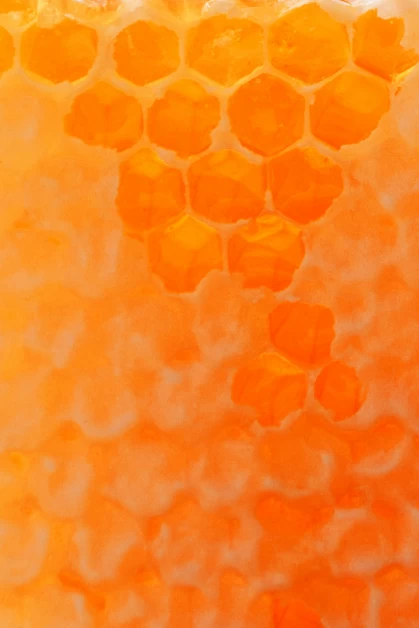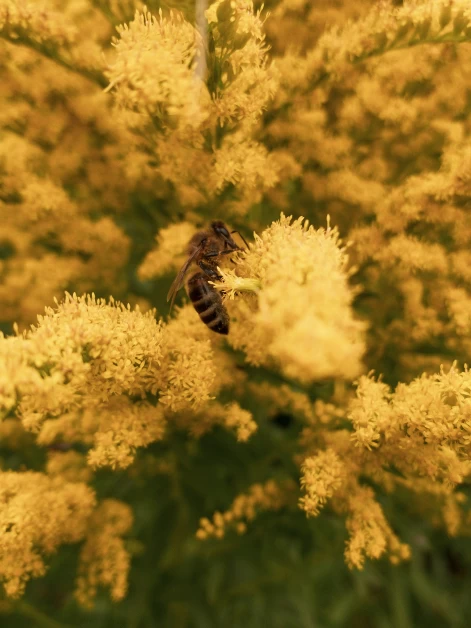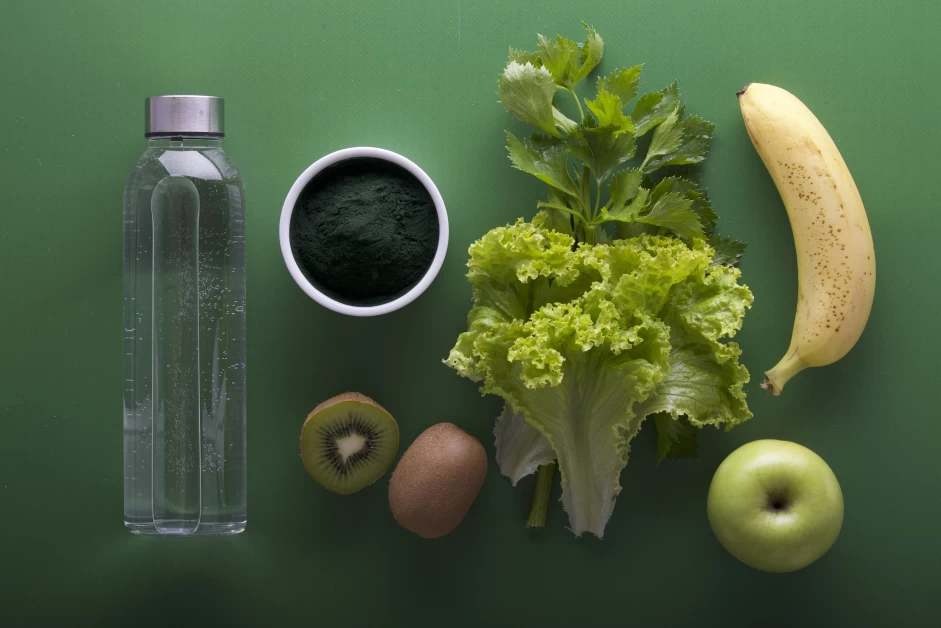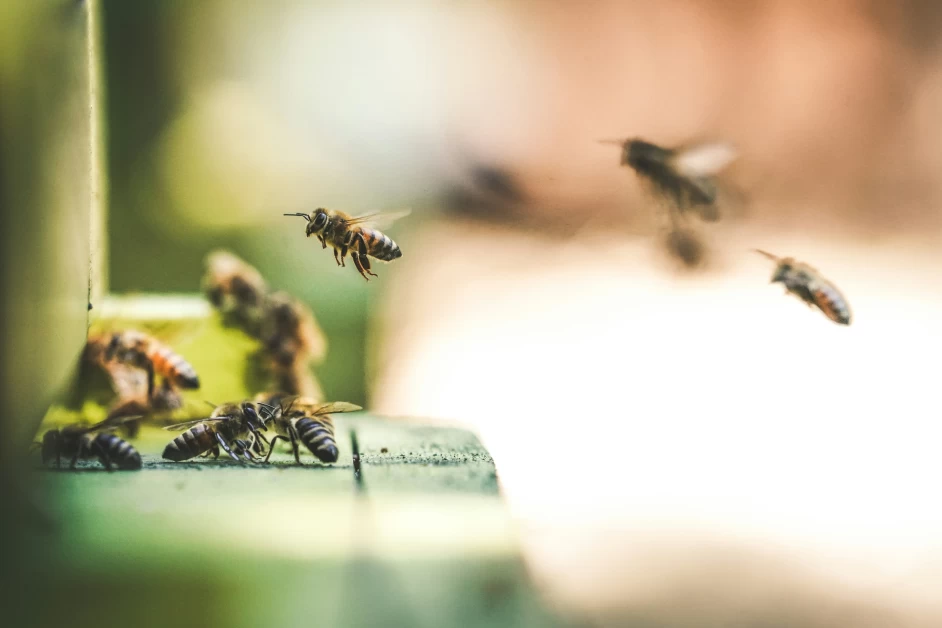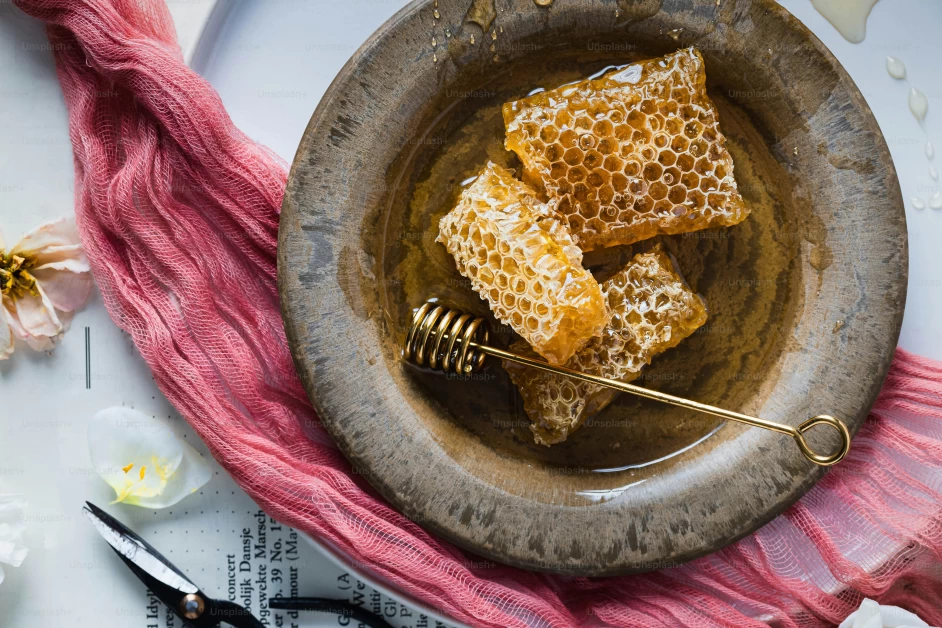Table of Contents
Introduction
Manuka honey is a unique type of honey that is produced by bees that collect nectar from the flowers of the manuka tree. It is found in the green and luscious hills of the North and South Islands of New Zealand, as well as Australia and Tasmania. The manuka flower only blooms for a few weeks each year, resulting in a limited supply of this honey. It is known for its high price and is considered to be more expensive compared to other types of honey.
The Unique Characteristics of Manuka Honey
One of the reasons why manuka honey is so special is because of its MGO (methylglyoxal) content. MGO is a unique compound that is only found in this type of honey. It is produced from high levels of dihydroxyacetone, which is a natural chemical present in the nectar of manuka flowers. The higher the MGO rating, the higher the MGO content of the manuka honey. It is important to check the MGO content when purchasing manuka honey to ensure its authenticity. A substantial amount of MGO, preferably above 100, is a sign of authentic manuka honey.
The Issue with Inauthentic Manuka Honey
Unfortunately, inauthentic versions of manuka honey do exist. These are often diluted with cheaper honey, resulting in very little MGO content. To address this issue, it is recommended to purchase manuka honey from reliable brands and stockists. Authenticity is guaranteed by brands that test their honey twice for its authenticity – once in New Zealand and again on arrival in the UK. This ensures that consumers are getting value for their money and authentic manuka honey.
The Importance of Authenticity
Authentic manuka honey has numerous health benefits, and it is essential to consume the real deal. Manuka honey can be enjoyed in various ways, such as a delicious lemon and honey drink or spread on hot toast. By purchasing authentic manuka honey, consumers can enjoy its unique flavor and reap the benefits it offers.
Ensuring Authenticity When Purchasing Manuka Honey
When purchasing manuka honey online, authenticity is not always guaranteed. To be on the safe side, it is recommended to buy manuka honey with a minimum MGO of 100 from trusted brands that offer good value for money. Look out for labels that clearly state the MGO or the NPA (Non-peroxide Activity) level, as they define the level of MGO in manuka honey. Labels on jars usually state the NPA level, with higher levels indicating a higher MGO content.
The Distinctive Characteristics of Manuka Honey
Manuka honey stands out from other honeys due to its distinctive characteristics. It has a thicker consistency, a dark amber color, and a rich, herbal flavor. These unique qualities make manuka honey a favorite among honey enthusiasts. However, it is important to note that manuka honey, like all honey, is complex and variable. Supermarket-bought manuka honeys are typically meant for consumption only and not for external use. It is crucial to read the labels carefully to understand the specific uses and properties of the manuka honey you are purchasing.
Ways to Enjoy Manuka Honey
Manuka honey can be enjoyed straight off the spoon. It can also be added to hot water, along with a squeeze of lemon and ginger, to create a tasty and warming beverage. For those who are more adventurous in the kitchen, manuka honey can be used in various recipes to add flavor and health benefits. Whether it’s a marinade for meats or a dressing for salads, manuka honey can enhance the taste of your dishes while providing its unique health properties.
Conclusion
In conclusion, manuka honey is a special type of honey that stands out from the rest. Its unique MGO content, derived from the nectar of manuka flowers, sets it apart from other honey varieties. Authentic manuka honey offers numerous health benefits and is worth the investment. By purchasing manuka honey from reliable brands and checking the MGO or NPA levels, consumers can ensure its authenticity and enjoy its distinctive flavor. So why not try a delicious manuka honey drink or spread some on hot toast? The real deal is guaranteed to satisfy your taste buds and provide you with the incredible benefits of manuka honey.

